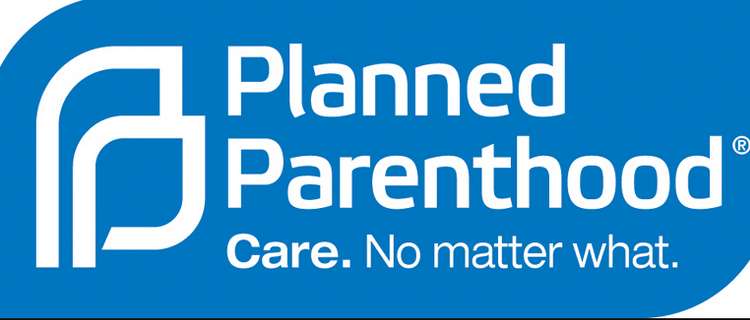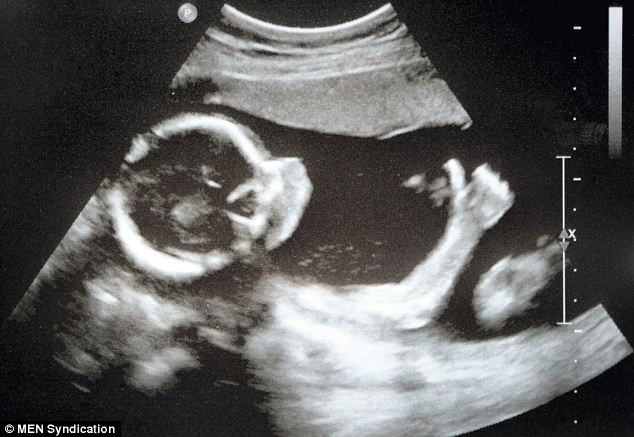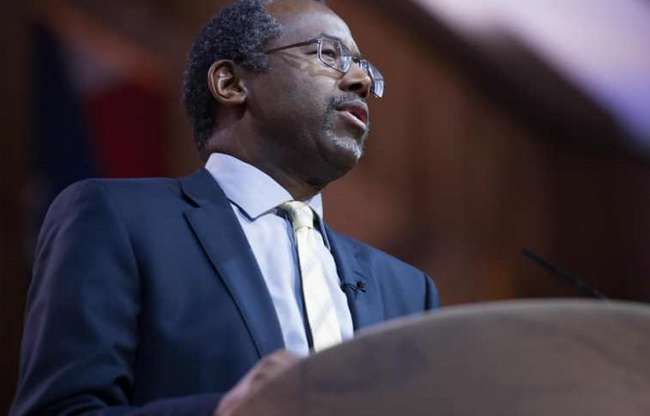Big Read: Abortion law reform – what’s at stake?
NZ Herald 17 June 2018
Family First Comment: “Those who argue for the decriminalisation of abortion do so by prioritising the right of the pregnant woman to self-determination regarding decisions affecting her own body. The right of the unborn child to life, even the humanity of the unborn baby must be considered secondary, or denied entirely, for this point of view to hold.” www.chooselife.nz
Abortion is in the spotlight again, after voters in Ireland voted overwhelmingly late last month to overturn the largely Catholic country’s ban by 66.4 per cent to 33.6 per cent. The Emerald Isle’s referendum comes as a law commission in New Zealand considers removing abortion from the Crimes Act. Bay of Plenty Times Weekend reporter Dawn Picken spoke with advocates, activists and women who’ve had or considered abortions about what decriminalising the procedure means to them.
*note: names of women who’ve had abortions have been changed to protect privacy.
Interest Groups
Pro-life and Pro-choice groups, religious organisations and members of the public had until May 18 to submit their views to the Law Commission.
Family First’s submission states: “Those who argue for the decriminalisation of abortion do so by prioritising the right of the pregnant woman to self-determination regarding decisions affecting her own body. The right of the unborn child to life, even the humanity of the unborn baby must be considered secondary, or denied entirely, for this point of view to hold.”
Family First director Bob McCoskrie says abortion is a health issue for the mother and the unborn child.
“To remove legislation about abortion from the criminal code and insert it to the health code is to equate a procedure to remove an unborn baby with a procedure to remove an appendix. This denies the humanity of the baby and creates inconsistency with other legislation which clearly recognises the rights of the unborn child.”
Family First cites a Curia Market Research Poll released early this year showing 9 per cent support for the current legal limit for abortion of 20 weeks.
Fifty per cent of respondents thought the time limit should be shorter, and a further 36 per cent were unsure. Of those who did pick a time limit, 15 weeks was the median choice, according to Curia. Sixty-five per cent of respondents agreed society should work to reduce the number of abortions. Fifty-two per cent said they generally supported abortion; 29 per cent opposed it and 19 per cent were unsure.
Voice For Life president Jacqui de Ruiter, in a post to the organisation’s website, called on Parliament to review New Zealand’s abortion law to make it more fit-for-purpose for the 21st century, but said the organisation demands the review be extensive and involve input from all interested community members.
VFL spokeswoman Kate Cormack said in a written statement that if sections of the Crimes Act pertaining to abortion were removed, but the Contraception, Sterilisation and Abortion Act (CS&A) provisions were left unchanged, very little on the ground would change.
“But there would be a massive symbolic shift from viewing and treating abortion as the death of an unborn child to viewing and treating abortion as a matter of women’s health alone. It would also no longer be a criminal offence to perform abortions outside the prescribed limits of the CS&A Act, which could expose women to unsafe and unsanitary abortion practices.”
Family Planning NZ chief executive Jackie Edmond says while medical providers do a good job of making abortion as woman-friendly as possibly, there’s still quite a process to navigate.”
The law is old and outdated. It wasn’t written for modern-day health procedures.”
Edmond says including abortion in the Crimes Act is morally and fundamentally wrong and danger to mental health should not be the only grounds for having an abortion.
“Imagine having a baby you don’t want to have.”
Edmond says there’s no evidence internationally indicating decriminalisation increases abortion numbers.
“Most women have made that decision well before going to their health care provider … we believe women are smart human beings and given good information can make the decision themselves.”
The organisation reports no other medical care where someone who is able to give informed consent requires two doctors to assess and approve it.
Abortion Rights Aoteroa (ALRANZ) says the country’s current legal framework places the decision to terminate a pregnancy in the hands of doctors the pregnant person has likely never met before.
Kiwi women face a multi-step exercise involving GP visits, ultrasound, lab tests and sometimes, counselling before an abortion can be scheduled.
ALRANZ president Terry Bellamak says decriminalisation must include getting rid of certifying consultant approvals. The Abortion Supervisory Committee 2017 report states the Government spent nearly $4 million on certifying consultants for women considering abortion in the year ended 30 June 2017.
“The Law Commission has the opportunity to eliminate much of the time-consuming box-ticking exercise pregnant people must go through to access abortion by modernising the law,” Bellamak says.
ALRANZ favours legislation similar to Canada’s which does not regulate abortion to any greater extent than other similar medical procedures. There are no restrictions in Canada with respect to gestational limits.
“This is not a problem, because late term abortions are wanted pregnancies that went awry. Medical necessity is the driver.”
ALRANZ commissioned a poll by Curia last year which found at least 70 per cent support for the legality of abortion if the pregnant woman was likely to die; the foetus had no chance of survival or the pregnant woman was likely to be permanently harmed. Pregnancy as a result of rape had 65 per cent support for legal abortion, but birth control failure (31 per cent); inability to afford a child (27 per cent) and not wanting to be a mother (22 per cent) saw much lower levels of approval among poll respondents.
The Catholic Bishops’ submission to the Law Commission says life begins at conception “… and embryos and foetuses are entitled to be granted a place in the human family and treated with the same respect as persons”.
The Bishops oppose any change in the law which would “either lessen or, worse, totally remove the (limited) rights the current law accords to the unborn child”.
In Tauranga, St Thomas Aquinas parish priest Father Mark Field says abortion is a crime against the most vulnerable in our society, the unborn child.
“The proposed change to make abortion a ‘health issue’ would totally overlook the rights of the unborn child, and would not necessarily benefit the health of the mother either,” Fr Field says.
He believes removing abortion from the Crimes Act would make procuring the procedure “far too easy … and would not encourage the mother (or parents) to think deeply about the enormity of their decision – and not to do something that they may regret weeks, months or even years later. Procuring an abortion is a moral decision, as it involves the ending of a human life – and, as such, legal protections for the child in the womb are vital.”
READ MORE: https://www.nzherald.co.nz/nz/news/article.cfm?c_id=1&objectid=12070558




